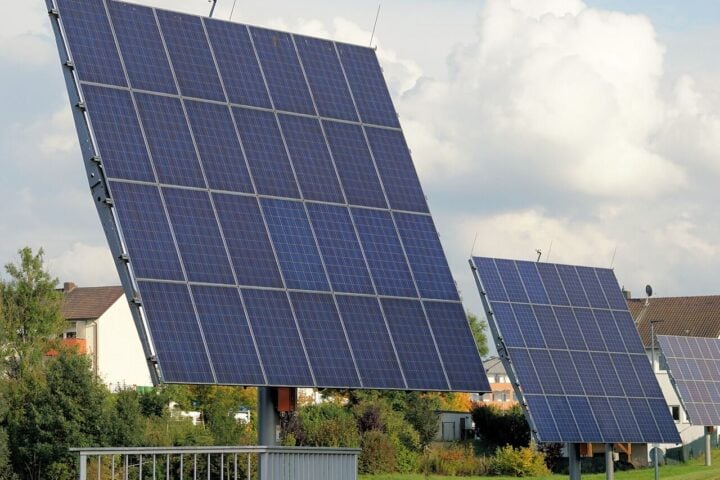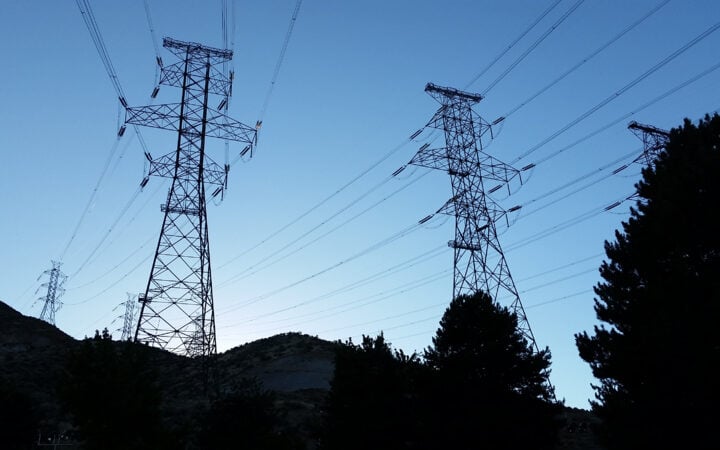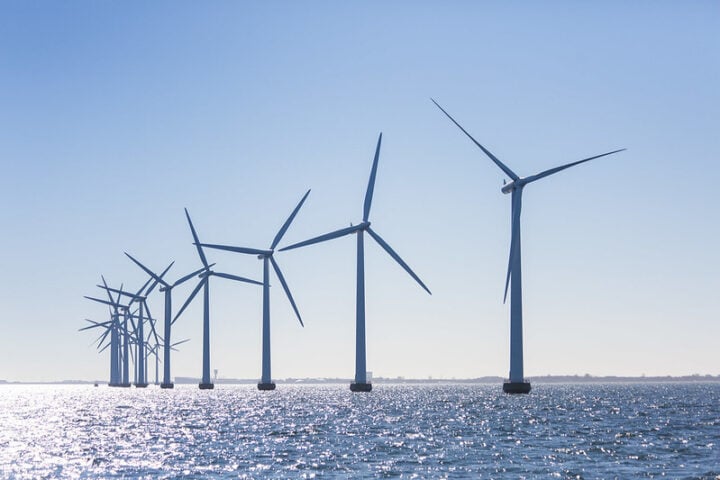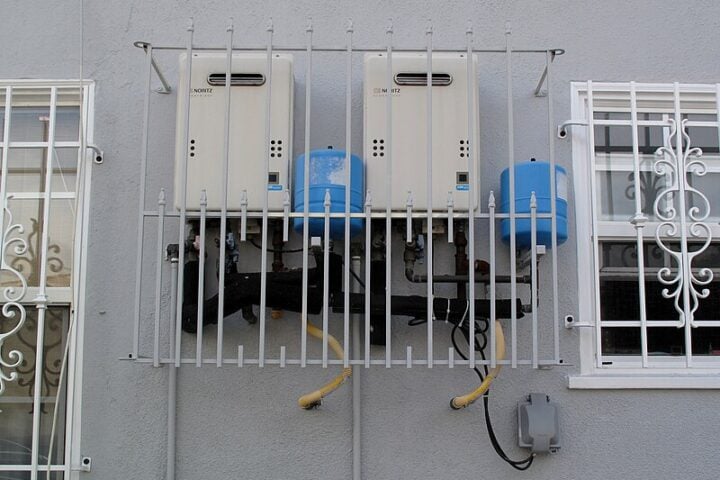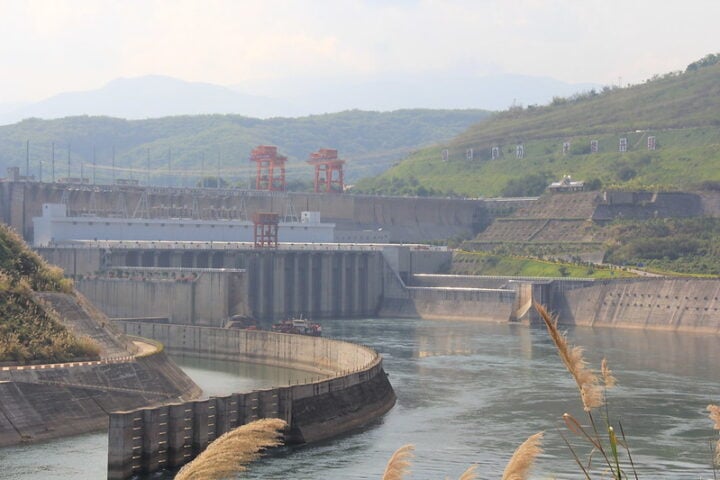The pursuit for abundant and clean energy has been an ongoing effort for over half a century, as researchers work to address climate change while also improving energy solutions. A major obstacle in energy production has been finding a way to store surplus energy without it decreasing in potency over time. Gravity batteries may offer a solution to this challenge with a potential of providing endless battery storage.
This concept involves harnessing excess energy generated by renewable sources such as wind and solar and storing it in batteries comprised of massive masses, instead of traditional lithium-ion batteries like those found in cellphones. The masses would be elevated and stored at a high altitude, and then lowered when additional power is needed, thus generating energy through gravity.
The concept of a gravity battery may seem confusing, but it’s quite straightforward. According to an article on Big Think, it operates based on the principles of gravity. Just like a ball rolling down a hill generates energy due to its motion, which originated from the energy expended to move the ball up the hill.
By lifting massive masses, such as sand, rocks, or dirt, up a tall vertical tunnel (e.g. a mineshaft), energy is expended. However, when these masses are dropped, they generate additional energy. Although it is not a conventional battery, a gravity battery can still function as an energy storage solution, just in a different way than what you might expect.
Scientists refer to the energy generated by gravity batteries as gravitational potential energy. Although it is not electrical in nature, it can be easily converted and transferred to electrical lines to be utilized wherever needed. Though unconventional, this type of innovative thinking has often led to the most significant scientific advancements in our history.
Gravity-powered battery recharging is not a new concept either. A train designed to operate indefinitely also utilizes a similar gravity battery process, recharging whenever it moves downhill, providing a never-ending source of energy as long as there are hills on the track.




